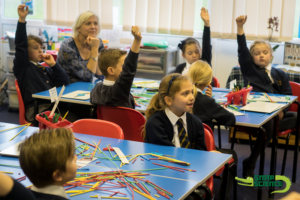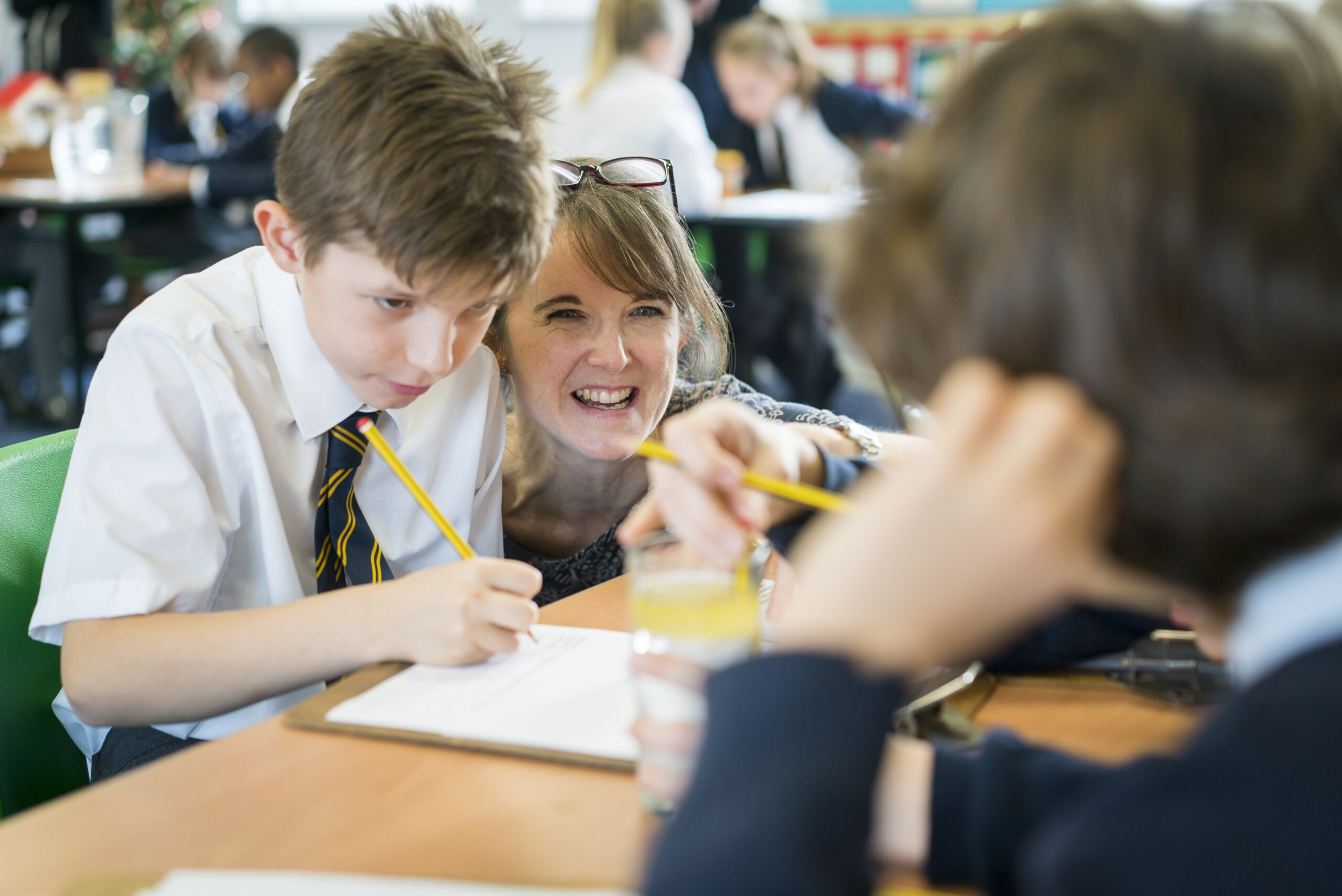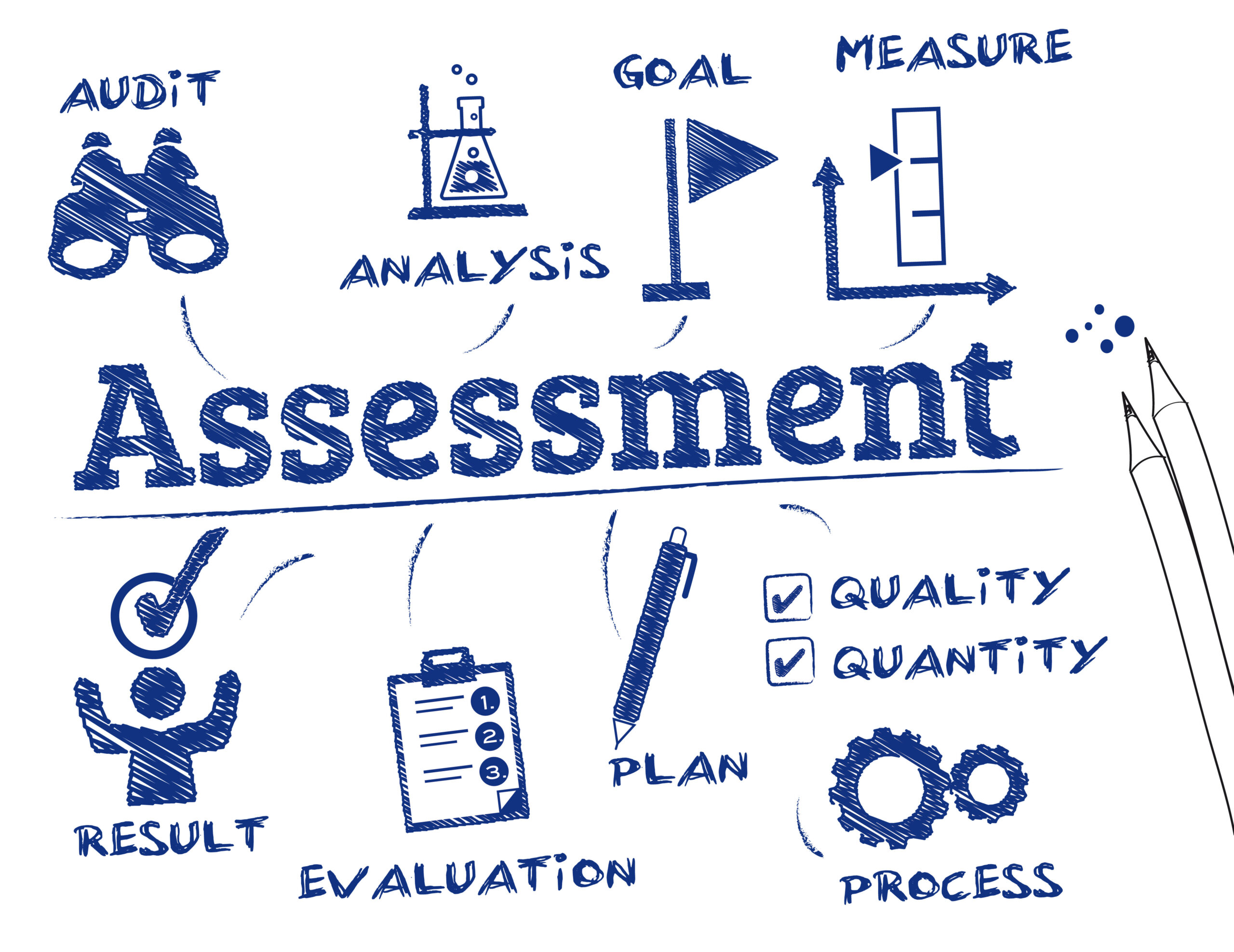There is a good, shared understanding of why we assess in in primary schools, but feeling confident about what to do to assess in science is challenging.

Teachers should use formative assessment as part of their everyday practice to help pupils achieve the learning that is set out in the science curriculum. In practice this means that assessment isn’t something that happens at the end of the lesson or topic, but at the planning stage. This means asking:
- What do I want the children to learn about this concept or to be able to do?
- How can I find out what they already know about it and what skills they already have?
- What do I need to do to help them develop their understanding and skills?
- How will I, and they, know they have developed their understanding and skills?
In-school summative assessment should take place at the end of a set of lessons planned to teach certain skills and concepts when teachers and children have clear evidence of their learning. When a child states “I used to think that…, but now I know that…”, and can explain why or how they know, their teacher has clear evidence that learning has taken place. Such evidence of learning enables teachers to make summative assessment judgements against the national curriculum objectives. This does not require an end of unit test, nor for teachers to record every formative judgement; but it does require them to ensure that there are opportunities for children to represent or express their understanding, in what they do, say, write or draw. A record of attainment for each child against individual curriculum statements should be kept and passed on through the Key Stage.

Statutory national summative assessment in science requires Y2 and Y6 teachers to summarise children’s progress in science using the Interim teacher Assessment Frameworks for KS1 and 2. The guidance is very clear: Year 2 and Year 6 teachers should not test children against these statements, but use the assessment judgements that were made when the topic or skill was last taught, based on a range of evidence, to record this summative data.
This is a significant change for schools. National summative assessment no longer requires Year 2 and Year 6 teachers to make the whole judgement of children’s attainment, but instead to make the final judgements of attainment based on evidence of attainment recorded over the key stage. Children do not need to remember everything at the end of the key stage, but they must be secure at the time it was taught.
 There is help and guidance available. The DfE has published collections of children’s work to exemplify working at the expected standard for all of the statements within the KS1 framework and some of the statements in the KS2 framework. These are a good starting point for moderation between teachers to ensure that assessment judgements are credible and consistent. Schools need to build up their own portfolios to supplement the DfE and other published exemplifications of standards, and use these to support assessment for and to justify summative judgements.
There is help and guidance available. The DfE has published collections of children’s work to exemplify working at the expected standard for all of the statements within the KS1 framework and some of the statements in the KS2 framework. These are a good starting point for moderation between teachers to ensure that assessment judgements are credible and consistent. Schools need to build up their own portfolios to supplement the DfE and other published exemplifications of standards, and use these to support assessment for and to justify summative judgements.
End of KS2 attainment against the ITAFs is not used for formal accountability, but is reported at individual school level and used to monitor attainment in science more generally.
In summary- plan for learning in science, look for evidence of that learning and track progress against the NC curriculum statements.
Jane Turner,
National Director Primary Science Quality Mark award scheme, Co-author of the 2011 ASE guide to Science Enquiry; It’s Not Fair Or Is it?, Series Editor for Snap Science, Advisor to the DfE, the BBC and the learned bodies on primary science assessment and curriculum.



